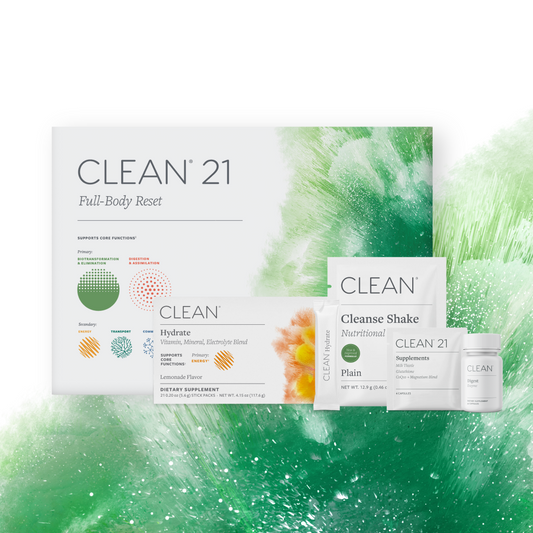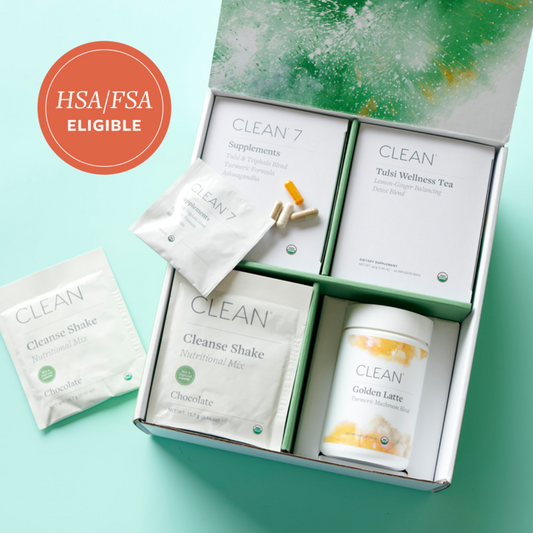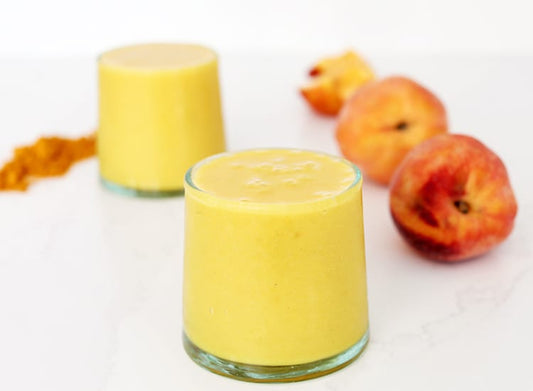
Sauerkraut Recipe: Improve Your Digestion With A Little Fermentation

This sauerkraut recipe is one of the many types of healthy fermented foods popular throughout the world. Kefir is used in many areas of the world in forms of fermented milk, coconut water, and water. China and the Middle East have been making kombucha. a fizzy fermented tea that can be found in nearly every health food store today. In almost every culture, we find the health benefits of fermented foods adding an important component to traditional diets. They’re full of essential probiotics for building and maintaining intestinal gut flora.
The Benefits of Eating Fermented Foods and Sauerkrauts
Fermented foods like this sauerkraut recipe are loaded with good bacteria, enzymes, and beneficial lactic acid. The probiotics in fermented foods aid digestion, encourage weight loss, and improve skin quality. They also help to increase longevity, detoxify the body and strengthen our overall immune system.
Use Sauerkraut to reduce sugar cravings
The sour taste of sauerkraut is one of the six essential tastes along with sour, salt, pungent, bitter, and astringent. It you’re feeling sugar cravings, trying eating the opposite. Eating some sauerkraut when you’re craving sugar can help keep the sugar cravings under control.
Why make your own sauerkraut?
Mass-marketed sauerkrauts are often pasteurized and may contain poor-quality salt and vinegar and an unhealthy dose of sodium. Pasteurization destroys nutrients, enzymes, and beneficial microflora while refined salts lead to a host of common health problems. This homemade sauerkraut recipe is not only cheaper and healthier than store-bought version, it fun and easy to make!
Ingredients:
- 5 lbs green or red cabbage
- 2-3 tablespoons sea salt
- shredded carrots, dulse (optional)
- seasoning such as caraway seeds, fennel seeds, chili peppers, cumin seeds, turmeric
- optional: A culture starter will move the fermentation process along more quickly, but it’s also fine to ferment without the use of starter cultures. You can purchase vegetable culture starters from companies like Cultures for Health. You can also use our two capsules of our multi-strain probiotics per batch of sauerkraut to start the culture.
Directions:
- Thinly slice the cabbage and place into a large mixing bowl.
- Sprinkle the salt over the cabbage and begin to massage it.
- Continue massaging so that the salt begins to pull the liquid from the cabbage.
- This liquid will become your brine which acts as a barrier against any unsavory bacteria during the fermentation process. Work in any of your optional ingredients and the optional starter culture. When the cabbage is nicely wilted and a lot of liquid begins pooling around it, begin packing it into a large glass jar or fermentation crock. Be sure to push the cabbage down forcefully with your fist or a tamper/mallet/etc. This will continue to create more brine.
- Once all of the cabbage is in the fermenting vessel, pour the brine in and place a clean rock or heavy jar on top of the cabbage (we used a small bottle filled with water), then cover the jar with a cloth or towel.
- Label your batch with the date you started it, then store in a dark area of your home.
- Allow to ferment for ten days to three weeks, depending on your preferences. The longer it goes, the softer the cabbage will get and the more good bacteria will be present, which means a healthier, happier gut!
- Once complete, you can continue to add to it and store the fermenting cabbage in a cool space for months or years, using this sauerkraut recipe to feed you and your family for pennies!
If you like this article, we recommend checking out 7 Foods That Boost Collagen for Youthful Skin







